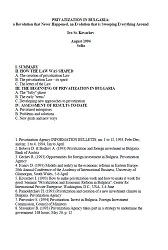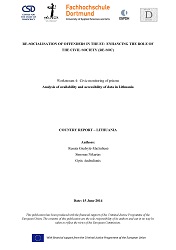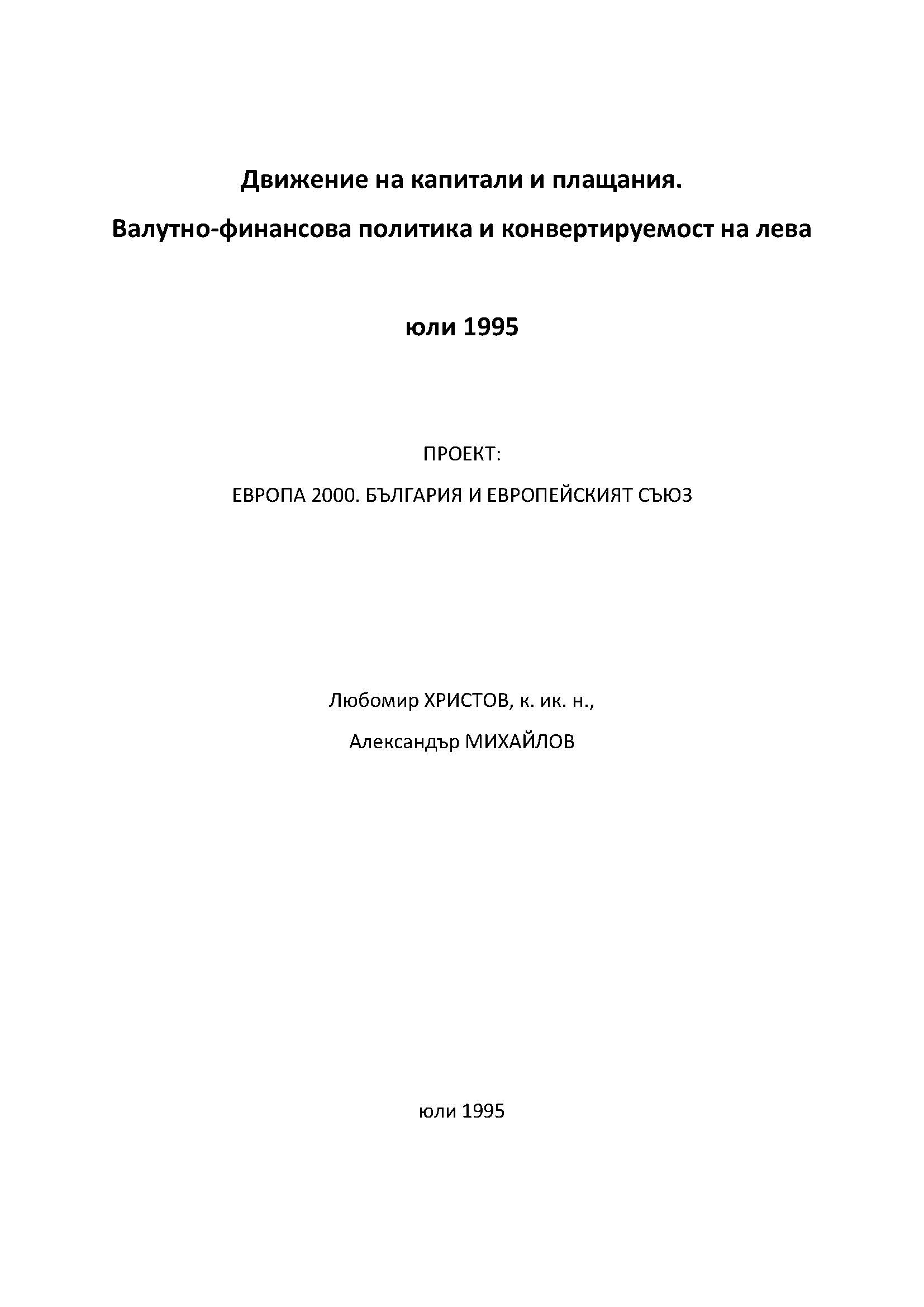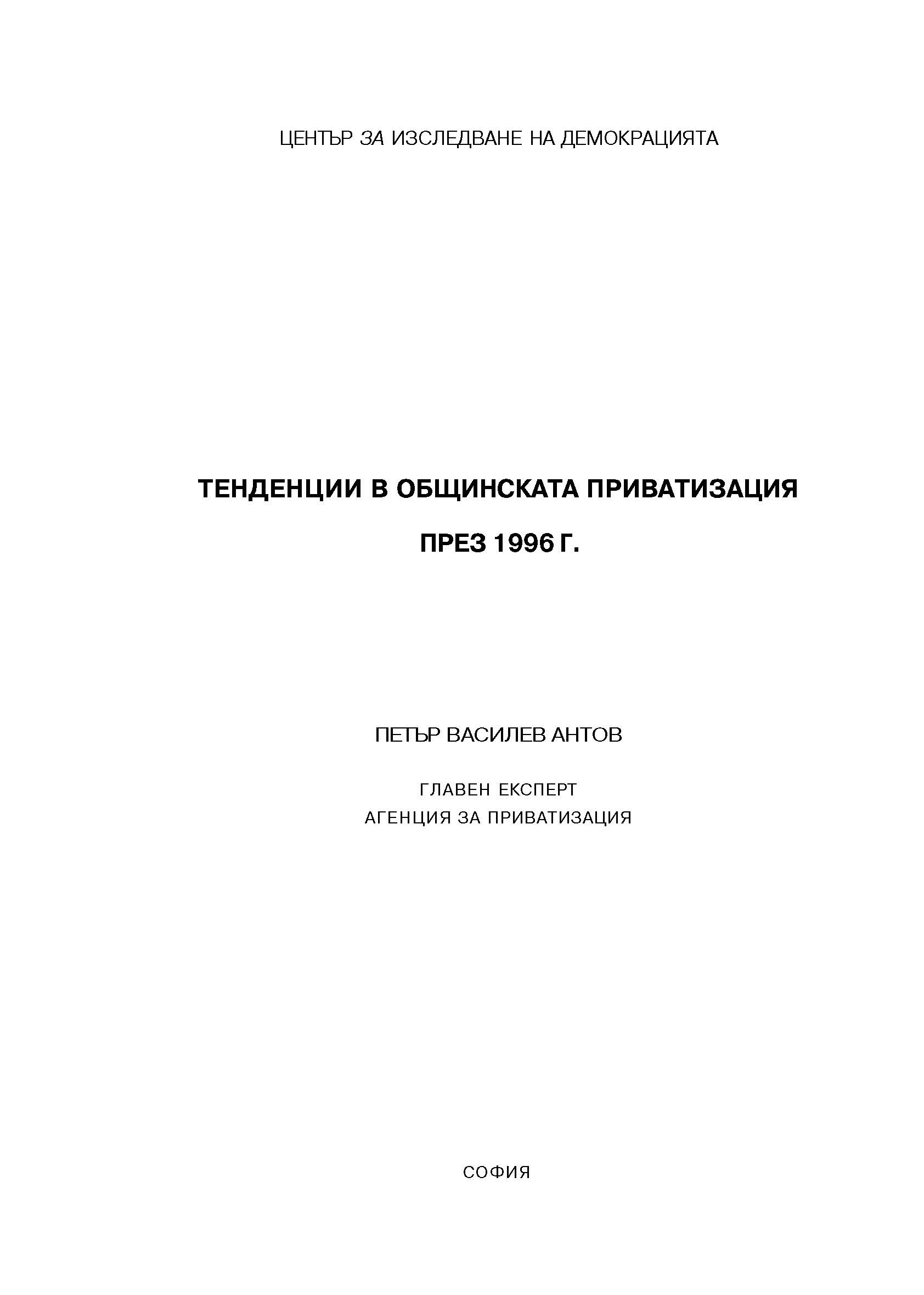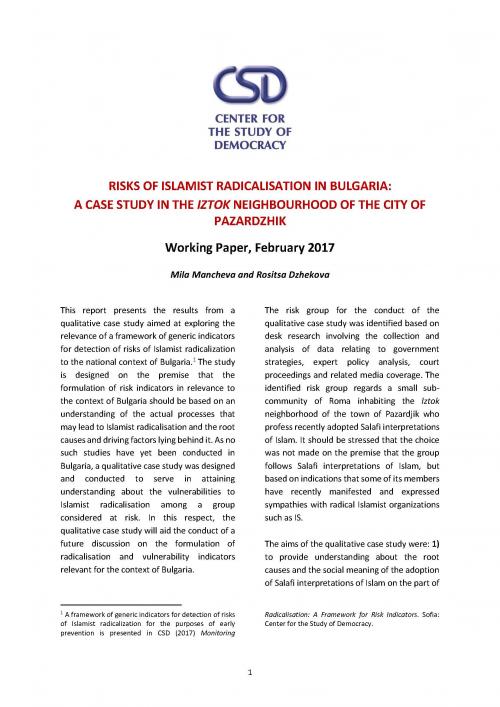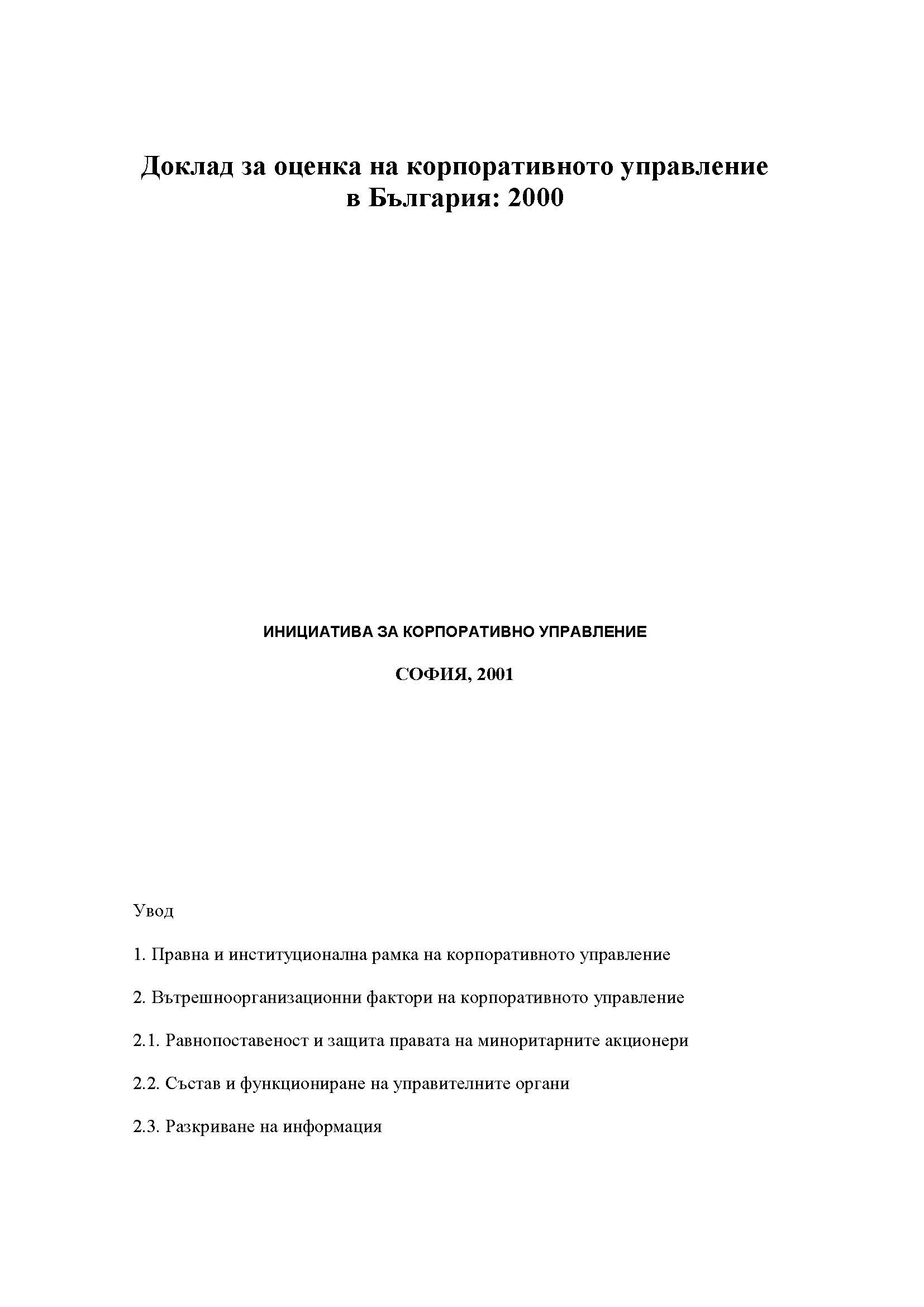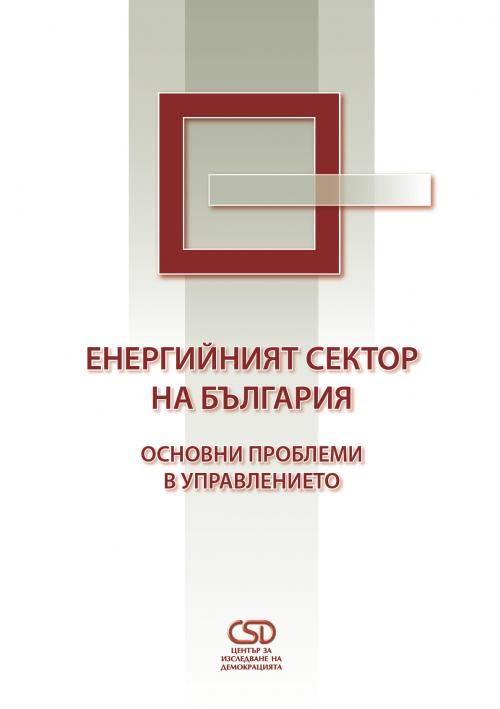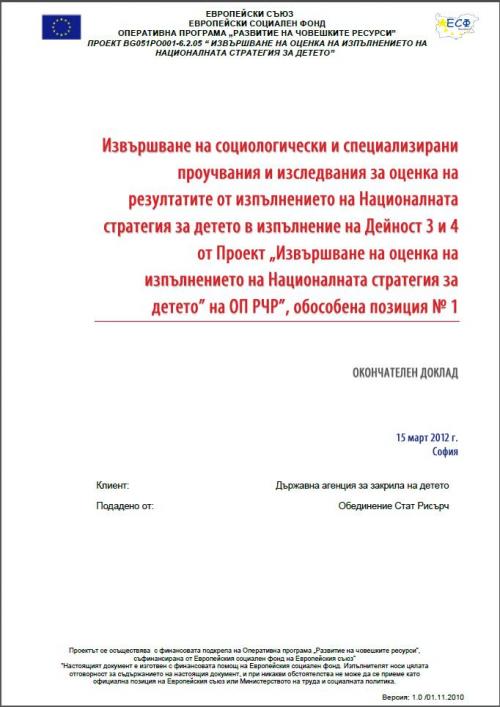Author(s): Carmen Matei / Language(s): English
Publication Year: 0
The prison officers belong to a slightly known category, despite the transparency ensured after 1989 both by strengthening the relationship with the media institutions and by organizing the "open days" activities. They work in a closed environment between 8 and 12 hours a day, inconstant interaction with a relatively stable population the size of the administrative-territorial unit of a village type. The working schedule is on the one hand routine, on the other hand impacted by unforeseen situations, from those of major risk to those related to the management of the relationship and communication issues within the groups formed in the detention rooms.The mission is twofold, one side consisting in actions taken to maintain the security and safety of the community and the place of detention, and the other side represent the contribution to the education / re-education of convicts by influencing them, both directly and indirectly. The prison staff is seen as a teaching tool itself, their example being the trigger factor of the prisoners’ desire to change. Taking in consideration the numerical ratio between staff and prisoners, the situations in which one can ‘abdicate’ from the mission are excluded, so that the efficiency of the activity is conditioned by the maintenance of a continuous state of alert.After the working schedule, the prison officers continue their personal life, ensuring adequate emotional support for family members, participating in activities of the group of friends, etc., without projecting the accumulated stress from the workplace. But, intentionally or not, the transfer occurs, so that the effects of working in a closed environment marked by tensions and negative emotional charge are also felt by those close to them.Through their work, the prison officers contribute to the increasing of the quality of life to the community they belong to and the quality of life in detention (ensuring community security, individual and group safety, supporting the educational/re-educational process, ensuring somato-psycho-emotional health, etc.).Starting from this reality, through an opinion poll, we identified some of the needs to recover the work capacity, a necessary step to ensure a quality life for prison staff.
More...


